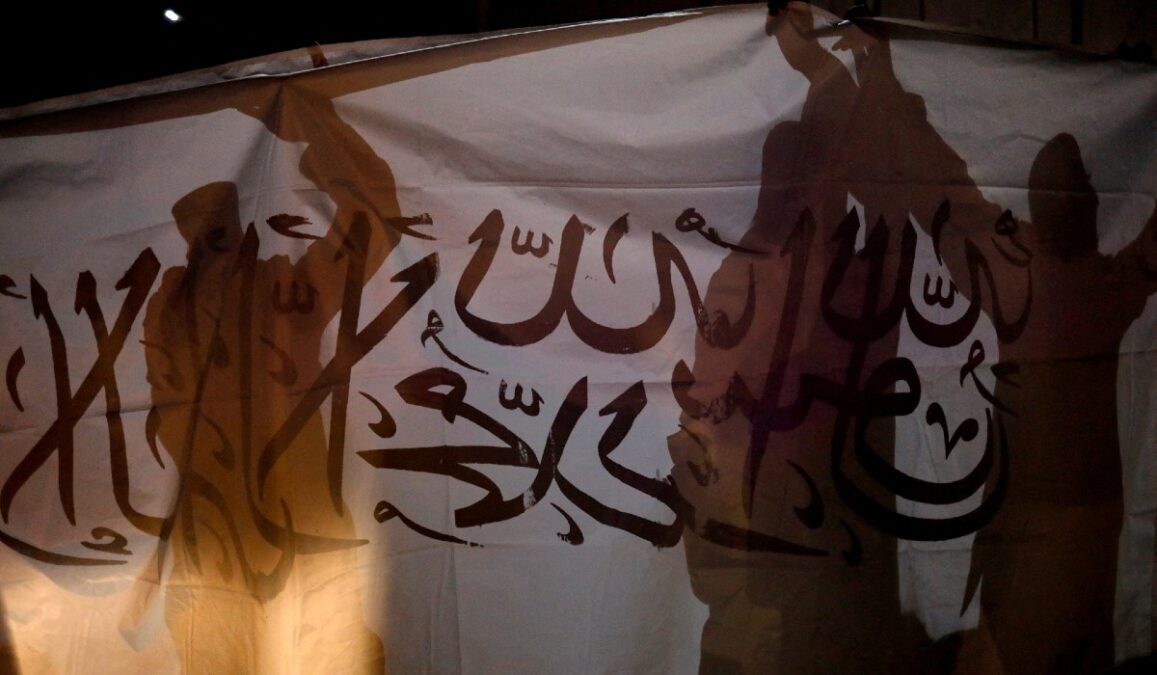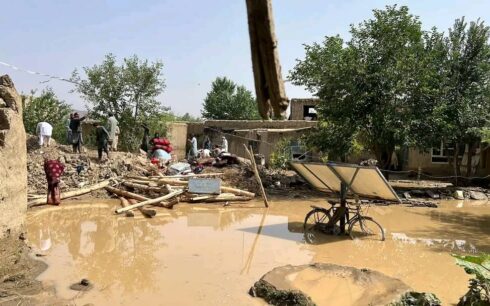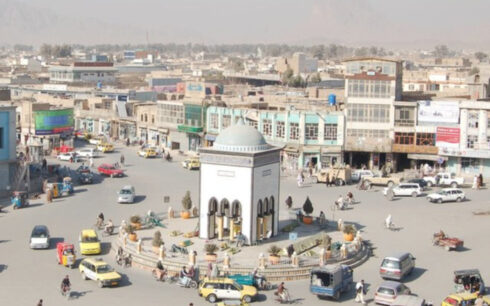Two Taliban officials have reacted to recent remarks by Sirajuddin Haqqani, the Taliban’s interior minister and a key member of the Haqqani network, saying criticism against the group should not be made public.
Taliban’s deputy minister of justice, Abdul Ghani Fayiq, who addressed a graduation ceremony of defense attorneys in Kabul on Sunday, warned that any movement against the system would not be forgiven.
Fayiq did not name any official.
Another Taliban official, Zabihullah Mujahid who is a senior spokesman for the group, said at a session at Kabul University on Sunday that criticism needs to be done privately. But he also did not name anyone.
“Ethically, the principle is when an emir, an official, minister or deputy minister has a criticism, it would be better he avoids desecration, according to Islamic ethics, and keeps their respect, and poses the criticism secretly… But if such an opportunity is not facilitated, and if he criticizes, in that case too, it does not mean the emir will imprison him,” Mujahid explained.
Analysts said the remarks reveal rifts among senior Taliban officials that have now filtered through to the media.
“The gap in power becomes evident every day,” said Mahdi Afzali, an analyst. “Some Talibs think there isn’t leadership.”
“Sirajuddin has his own supporters in the east and Mullah Yaqoub has his supporters in the south. Another reason is the support of regional countries that each support one faction within the Taliban,” he added.
Amu’s findings reflected in a documentary last year show that power among the Taliban is divided between Sirajuddin Haqqani, Abdul Ghani Baradar Baradar and Yaqoub Mujahid, and Hibatullah Akhundzada.
The report shows that Taliban leader Hibatullah Akhundzada is the most powerful leader of the group, who is based in Kandahar, followed by Yaqoub Mujahid – the son of Taliban’s founder – and Sirajuddin Haqqani.
Addressing a religious gathering in Khost on Saturday, Sirajuddin Haqqani said he is frustrated with the situation and without actually naming anyone, he spoke about the “monopolization of power” and “defaming the system” and “challenging it” and said the situation is unacceptable.
“Today, we’re considering it our right to challenge, monopolize and defame the whole system and it has become common,” he said.
Haqqani also criticized the international community for its “increasing pressure” which he says is aimed at their “humiliation”.
“We have addressed our commitments to the world and we ask them to not look for excuses when it comes to our recognition,” Haqqani said. “We seek legitimate engagement with the world.”
“Our conscience does not accept this. We shout in sessions that we want engagement with the world and want to remove the restrictions. We do this only and only for the people,” he said.
Haqqani’s harsh words follow the ongoing clampdown on freedom for women and girls in the country. Last year, the Taliban’s supreme leader issued a decree banning girls from attending school. In December, he followed this up with another two decrees – one banning women and girls from getting a university education and another banning women from working for NGOs.





